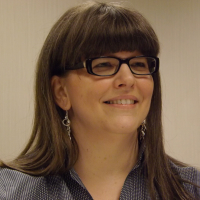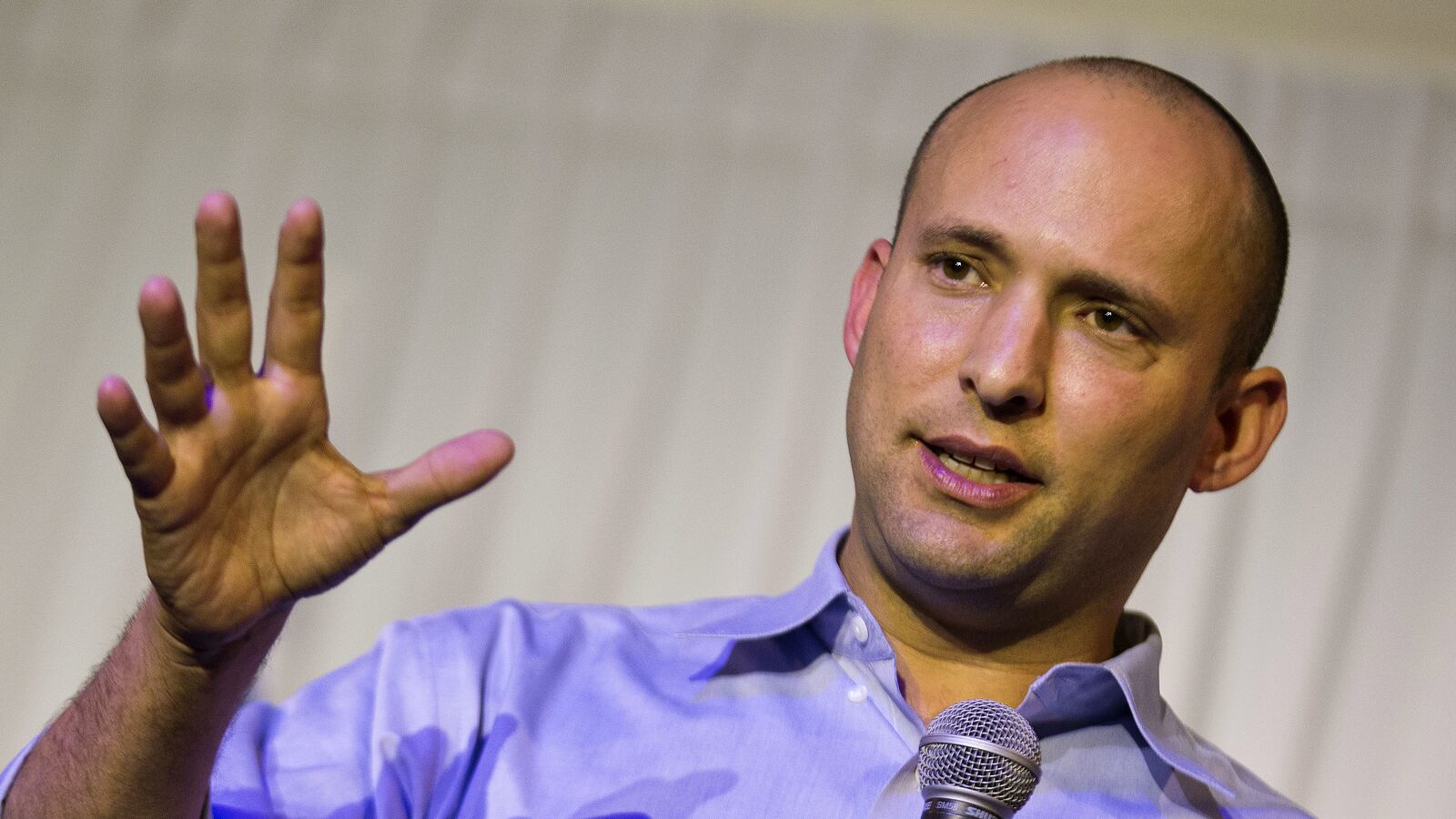On the eve of Rosh Hashanah, two bits of seemingly contradictory news emerged from the Jewish State.On the one hand, a new poll shows that 61 percent of Israeli Jews favor separating religion and state, a hefty nine percent rise over last year. Eighty-three percent of those with an opinion said Israel should grant its citizens freedom of religion and conscience, and 62 percent think any kind of wedding, religious or civil, should be recognized by state authorities (currently, unless held overseas, only wedding ceremonies conducted by Orthodox rabbis are). Perhaps the most remarkable (and telling) figure is this: 51 percent of those surveyed said that the relationship between Israel’s ultra-Orthodox and secular Jews “is the most difficult conflict in the Israeli society,” with right-left political tensions coming in at a distant second (23 percent).On the other hand, we have this:

The government on Sunday gave the go-ahead to the Religious Services Ministry to establish the "Jewish Identity Administration," an ambitious new initiative meant to foster a stronger connection to national Jewish heritage among Israelis.The new, 5-million-shekel ($1.4-million) initiative was one of Habayit Hayehudi Chairman Naftali Bennett's demands for joining the government coalition.
That is, even as Israel’s Jews are becoming more comfortable with the notion of letting folks decide for themselves just what being a Jew means, Israel’s government is investing what little money it has in teaching Israelis how to be Jews.But of course, these things are not so much contradictory as joined at the hip.
The Orthodox and ultra-Orthodox have always held a monopoly on official Jewish expression in Israel—how to get married, how to get buried, and which rabbis are paid from state coffers—but for the most part, when faced with a monolith that didn’t offer meaning to the average secular Israeli life, secular Israelis have accepted the rabbinate’s power as something beyond their ken. You brush elbows with the black hats when you get married, and bemoan your cousin’s decision to become religious and join them, but other than that, hadati’im hardly touch your life.
Or so it would seem, but in recent years, secular Israelis have gotten something of a crash course in just how much the Orthodox do, in fact, touch the lives of all Israeli Jews, because those in positions of power have either tried to extend that power, or have impinged on the rights of the non-Orthodox with impunity.
Suddenly, the papers were full of stories about little girls facing a barrage of spittle on their way to school; contretemps over where non-Jewish soldiers may be buried in military cemeteries; images of women literally forced to the back of the bus—not to mention the growing ultra-Orthodox population, and associated increase in government budgets allotted to support a community that doesn’t serve in the military, or, indeed, have almost anything to do with the rest of Israel.
Secular Israel—the Israel that looks to Europe and America for its cultural clues, the Israel that can read the siddur but doesn’t know what it says—might not like to think about it, but the undue power and unremitting mutual hostility are actually a result of political decisions that it signed off on, from the state’s earliest days. When Israel was first established, most of the pioneers believed that ultra-Orthodox expressions of faith would go the way of the dinosaur, and that handing out special privileges for political gain didn’t pose any threat.
Sixty-five years later, though, with Israel’s religious right going from strength to political strength and nationalist Orthodoxy at the heart of both the military and state leadership, the tension has become more and more apparent, in no small part because nationalist Orthodox politicians like Naftali Bennett continue to make efforts to codify an ever-narrower definition of who may count themselves a member of the Jewish national home.
Under the circumstances, I’m not surprised that a growing number of Israelis (secular and otherwise) would like to see a little more daylight between the Orthodox religious establishment and the daily lives of the country’s Jewish citizens.
But they, in turn, had better not be surprised that Bennett wants to teach them a thing or two—if Israelis really want freedom of conscience, they may have to fight for it.






